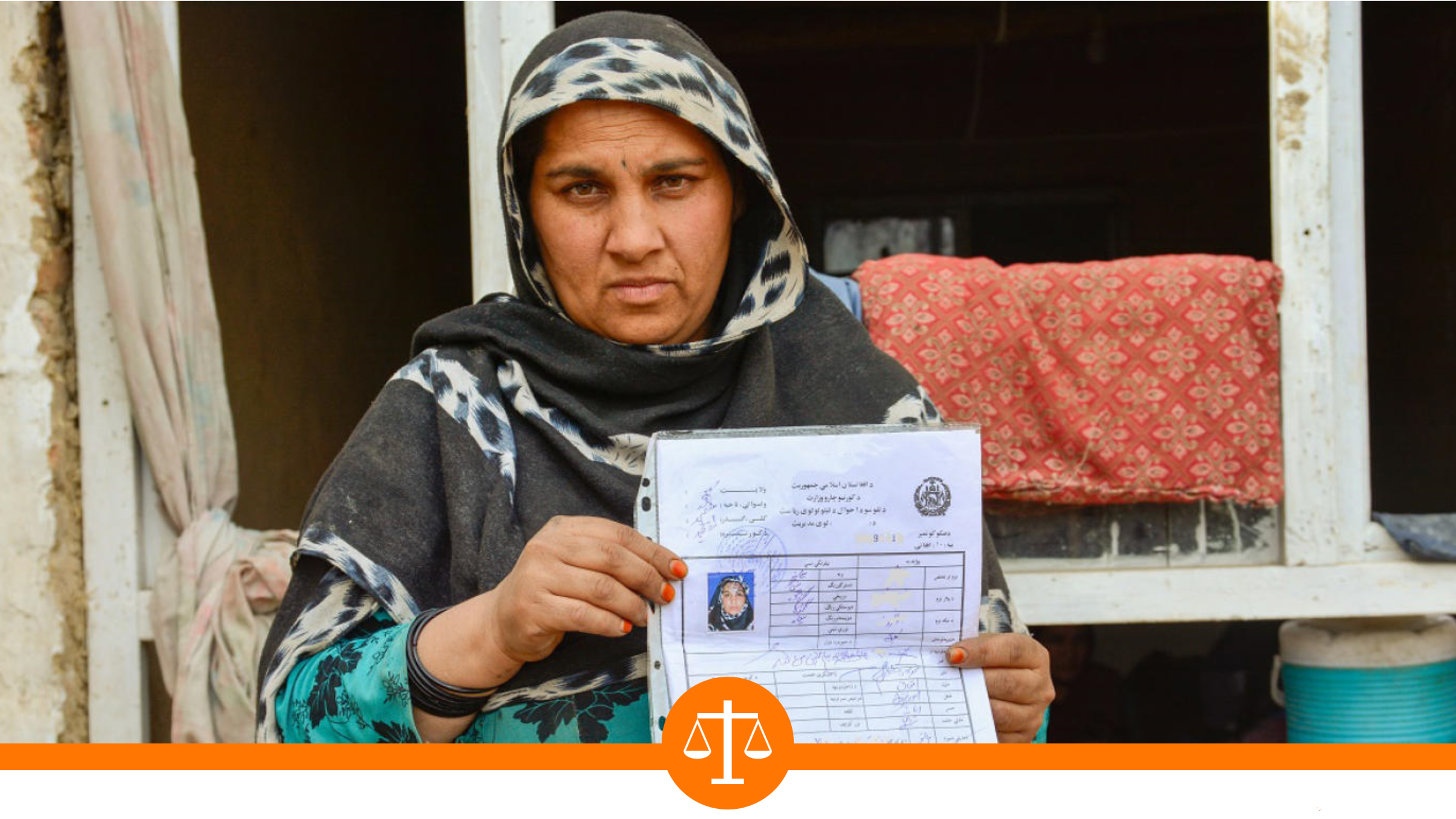Digital future for legal assistance
 © Enayatullah Azad/NRC
© Enayatullah Azad/NRCScope of the project
The Norwegian Refugee Council’s ICLA program supports people in displacement to understand, interpret and navigate administrative and legal frameworks so they can claim and exercise their rights. The traditional approaches to delivering legal aid services are mainly based on in-person interaction. Hence, they are limited by time, human resources, access constraints, and geography while the legal needs of the target groups vastly outstrip the supply of services. That’s why in 2018, NRC decided to re-imagine ICLA digitally. Digital innovation has the potential to create solutions that can enhance the ICLA staff ability to assist displaced persons to overcome the obstacles they currently face
After going through a thorough needs assessment and hosting multiple market dialogue meetings, the “Kobli platform” was developed in collaboration between NRC and private partners. Kobli aims at making legal assistance more accessible and timely for people affected by displacement. It is an online platform, available through a web browser or a mobile app, where legal experts design self-help tools and publish content dedicated to displaced people. It can be accessed anonymously and autonomously by users, regardless of location and time.
The way forward
After a long journey of need assessment, design, procurement, development, testing, and pilot, the digital ICLA experience is finally ready to be scaled globally in order to transform the service delivery culture of ICLA from its reliance on in-person modalities to include digitalized services with a focus on empowering displaced persons to address legal obstacles by themselves and receive quality and timely assistance when required.
When it comes to addressing the needs at the field level, there is no one size fits all solution. As such, Digital ICLA is equipped with a suite of tools to be adopted where appropriate. Bearing in mind that the primary challenge with the digital transformation is not the technology but bringing about the cultural change for the country programs to embrace new methods for service delivery. So, the technology support is always complimented with programming advice to redefine the day-to-day operations.
The Digital ICLA team plans to conclude its pilot in Lebanon by the end of 2022. By that time, there will also be at least one instance of Kobli in Ukraine, and very likely, other instances in the neighboring countries such as Romania and Poland. Each instance of Kobli will begin with information provision first. It can then be expanded to other services such as a contact center, integration with social media, the launch of a user portal to communicate case information, etc.
In 2023, the Digital ICLA team plans on scaling to 5 additional country programs. There has already been a high demand from different countries to deploy Kobli.
One of the next steps in the roadmap of Digital ICLA is integration with other digital tools at NRC. Multiple technologies have been developed at NRC concurrently with Kobli:
- Digital Community Hub facilitates messaging through social media. Integration with Kobli allows case status updates and other notifications to be available both on the web and through social media based on user preference.
- CORE will be NRC’s common database for registration and reporting of the services provided to the beneficiaries. Integration with Core will eliminate the need for redundant data entry and facilitate reporting and monitoring of the activities.
- Dignified ID is the system of creating unique identifiers for each beneficiary. Integration of Kobli with Dignified ID enables Digital ICLA to provide cross-border services with an easy way of tracking beneficiaries.
Such integration will also expand the scope of features available to the staff users and ensures seamless interactions between different digital tools at NRC.